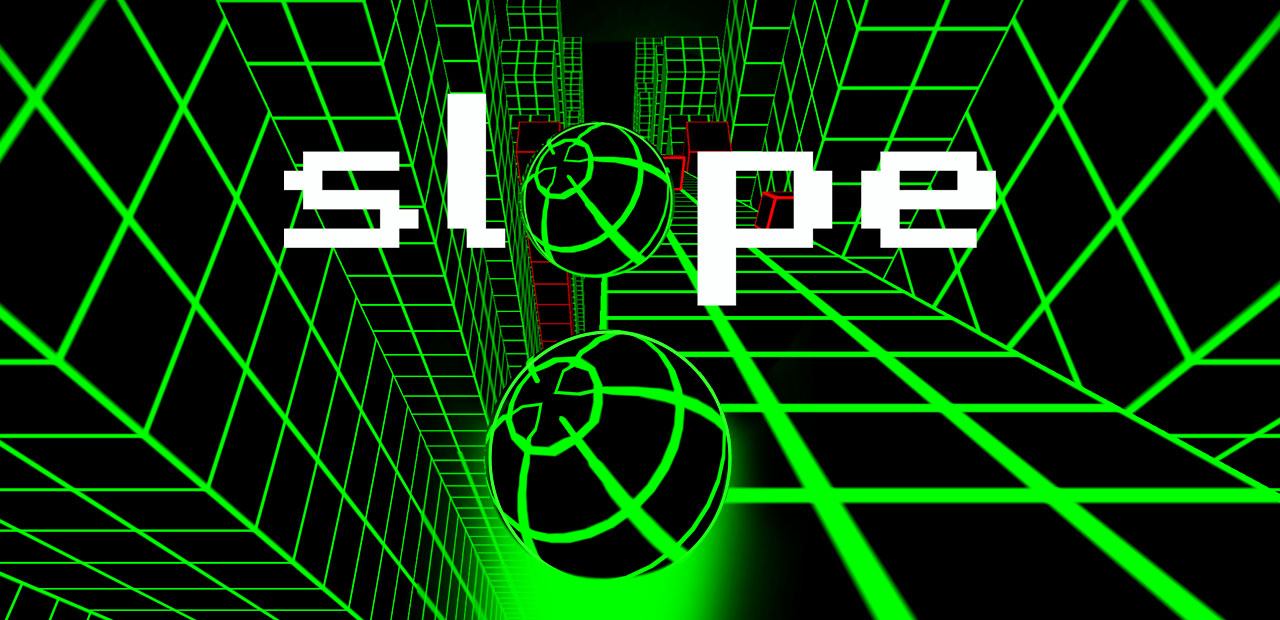Psychological Horror Games: Chilling You From Within
Psychological horror games delve deep into the mind, crafting an experience that lingers long after the screen goes dark. Unlike traditional horror games that rely on jump scares or grotesque imagery, psychological horror targets the player’s psyche, exploring fears, anxieties, and the darker corners of human emotion. Let’s explore what makes psychological horror games so impactful, how they affect players, and some standout titles in this genre.

The Core Elements of Psychological Horror Games
Psychological horror games masterfully manipulate the player’s perception of reality, often blurring the lines between what’s real and what’s imagined. Here are the key elements that define the genre:
-
Atmosphere Over Action
These games prioritize creating an oppressive atmosphere through sound, visuals, and narrative. Subtle environmental cues and eerie audio design evoke unease, keeping players on edge. -
Unreliable Narratives
Many psychological horror games feature protagonists with distorted perceptions, memory gaps, or mental health struggles, causing players to question the reality presented to them. -
Exploration of Deep-Seated Fears
Rather than relying on monsters, the genre often explores fears like loneliness, loss, and existential dread, making the experience deeply personal. -
Immersive Storytelling
The narrative often unfolds through environmental storytelling, cryptic notes, or fragmented memories, drawing players deeper into the unsettling world.
Psychological Effects on Players
Psychological horror games have a unique way of engaging players emotionally and mentally. Here’s how they achieve this:
-
Heightened Anxiety
The tension in these games often builds slowly, with players anticipating danger that may or may not come. This creates a prolonged state of unease. -
Emotional Resonance
By tackling universal fears and human vulnerabilities, these games forge a powerful emotional connection, leaving a lasting impression. -
Mental Challenge
The puzzles and mysteries typical of psychological horror require players to think critically, often under duress, enhancing immersion.
Iconic Psychological Horror Games
Several games have become iconic in the psychological horror genre due to their innovative storytelling and chilling atmospheres. Here are a few standout titles:
1. Silent Hill 2
Widely regarded as a masterpiece, Silent Hill 2 delves into themes of guilt, grief, and personal torment. The town of Silent Hill itself becomes a reflection of the protagonist’s psyche, with grotesque monsters representing his inner demons.
2. Amnesia: The Dark Descent
Amnesia redefined the horror genre by stripping players of their ability to fight back. Its focus on helplessness, combined with fragmented memories, creates an unforgettable descent into madness.
3. Outlast
This game’s setting—an abandoned asylum—and its reliance on found-footage storytelling immerse players in a terrifying world where survival often hinges on hiding and running.
4. Layers of Fear
A first-person exploration of a painter’s descent into insanity, Layers of Fear uses shifting environments and a fragmented narrative to keep players constantly disoriented.
5. Hellblade: Senua’s Sacrifice
This game stands out for its portrayal of psychosis, weaving unsettling voices and hallucinations into its gameplay to mirror the protagonist’s mental state.
Why We Love Psychological Horror Games
The appeal of psychological horror lies in its ability to challenge and engage players on a deeper level. These games force us to confront uncomfortable truths, examine our fears, and question reality itself. They don’t just aim to scare; they aim to leave a mark, making us think and feel long after the final credits roll.
Whether you’re a fan of atmospheric storytelling or looking for a game that provokes introspection, psychological horror offers an unparalleled gaming experience.



